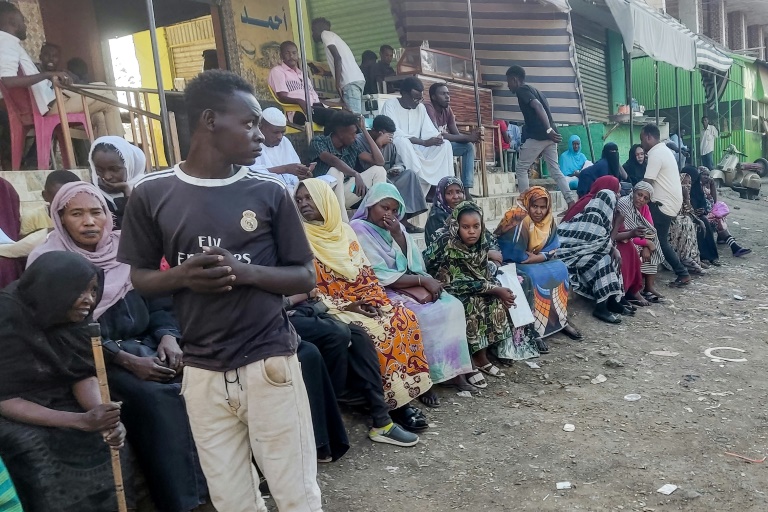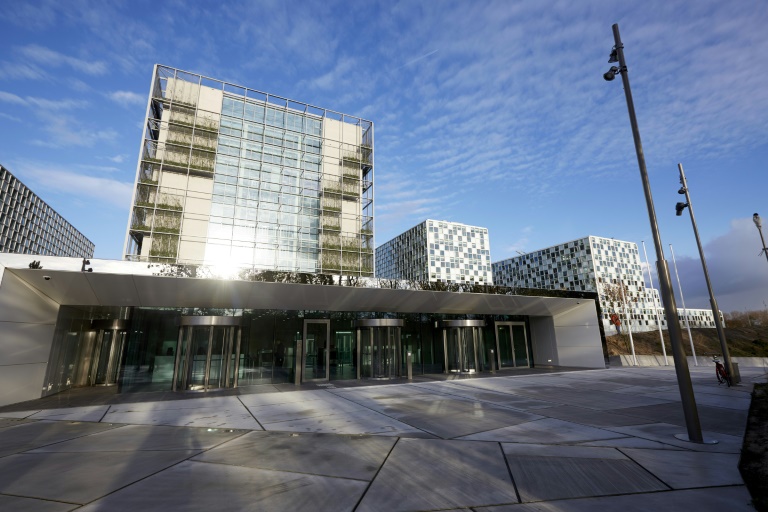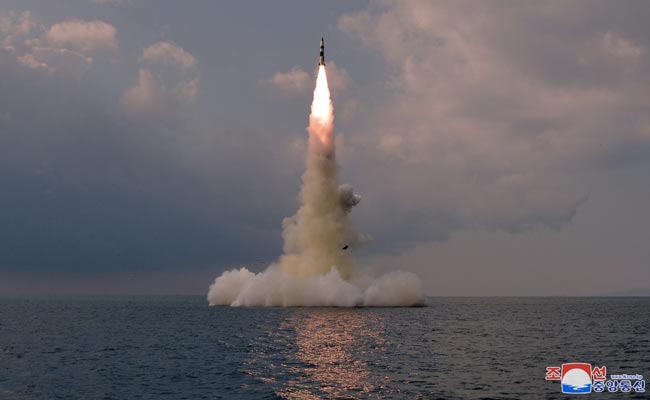The United States on Wednesday implored Sudan’s authorities to let aid into the country, denouncing holdups as the war between rival generals leaves millions in need of help.
Samantha Power, administrator of the US Agency for International Development, said that funding for Sudan’s crisis “remains shockingly low,” with around 25 million people, or more than half of the population, in need of assistance.
But she said that even the aid that arrives faces obstacles due to “ill-disciplined or rapacious” forces on the ground, and bureaucracy “mastered through decades of practice at being obstructionist.”
“Sudan continues to present some of the toughest conditions for humanitarian access in the entire world, and that is saying something,” she said at the US Institute of Peace.
“Unconscionably, supplies are actually there — stuck at the border or in the Port of Sudan as permits to move aid into the country continue to be denied,” she said.
“The fact that a permit could stand in the way of supplies reaching people with life-or-death needs and conditions is horrifying,” she said.
Power said that small-scale local and diaspora groups have filled the vacuum and acknowledged that USAID took “far too long” to channel assistance through them.
“If these relief networks were to collapse, millions of Sudanese civilians would be left with no assistance at all. To prevent that from happening, these groups need more resources,” she said.
The United States in September announced $130 million in new assistance to Sudan.
Violence broke out in April last year between the army and the paramilitary Rapid Support Forces (RSF) as they failed to agree on merging as part of a now-derailed transition to democracy.
The war has killed at least 13,000 people, according to a conservative estimate by the Conflict Location and Event Data project, and displaced more than seven million people, according to the United Nations.
The United States and Saudi Arabia led negotiations between the two sides but to little avail, and Washington has increasingly turned to pressure to coax them.
The Treasury Department said Wednesday it was blocking any assets and criminalizing US transactions with the Alkhaleej Bank, which has been an “essential part” of funding for the RSF.
The bank allegedly received $50 million from the country’s central bank immediately before the war broke out.
Also targeted were the Zadna International Company for Development, allegedly used for money laundering and commercial operations of the army, and Al-Fakher Advanced Works, which the Treasury Department said has helped generate millions of dollars through gold exports for the RSF, allowing the paramilitary group to buy weapons.
“The United States will continue to use the tools at our disposal to end this devastating war, promote accountability and help the Sudanese people realize their demands for freedom, peace, and justice,” State Department spokesman Matthew Miller said.
Earlier this week, the United States offered a reward of up to $5 million for the arrest of a former Sudanese official, Ahmed Harun, who escaped prison and is wanted by the International Criminal Court for alleged war crimes in Darfur.







